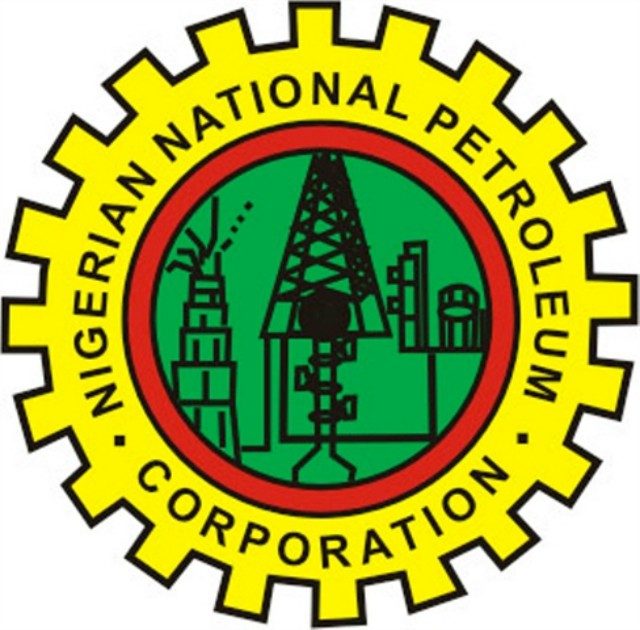During the first quarter of 2018, Nigeria’s petroleum sector contributed Value Added Tax (VAT) of N12.132 billion, data from the National Bureau of Statistics (NBS) has shown.
NBS said its first quarter VAT allocation report at the weekend, that offshore operations of the oil and gas sector generated 797.489 million; oil marketing, N2.512 billion; oil producing, N7.360 billion; and gas, N1.461 billion.
At a broader level, sectoral distribution of VAT data for first quarter of 2018 reflected that the sum of N269.79 billion was generated as VAT in first quarter 2018 as against N254.10 billion generated in fourth quarter 2017 and N221.38 billion in first quarter of 2017.
This represents 6.17 per cent increase on quarterly basis and 21.87 per cent increase Year-on-Year.
Manufacturing generated the highest amount of VAT with N30.14 billion generated and closely followed by Professional Services and Commercial and Trading both generating N16.58 billion and N14.93 billion respectively while Mining generated the least and closely followed by Pharmaceutical, Soaps & Toiletries and Textile and Garment industry with N46.25 million, N243.44 million and N285.43 million generated respectively.
Out of the total amounted generated in first quarter of 2018, N121.40 billion was generated as non-import VAT locally while N98.40 billion was generated as non-import VAT for foreign.
Speaking on the oil and gas sector development recently, the Group Managing Director of the Nigerian National Petroleum Corporation (NNPC), Dr. Maikanti Baru, observed that the nation’s Gas Reform was anchored on a robust strategic framework that is focused on maximum economic impact through gas.
Baru had maintained that huge opportunities abound in Nigeria’s Gas Sector, with the country expecting over $25 billion investments anticipated over the next 10 years.
He described the Nigerian Petroleum Industry as the largest and the most vibrant in Sub-Saharan Africa with lots of potentials, especially in the deep water and untapped gas resources.
Baru informed that the aggressive development of gas infrastructure (pipelines and processing plant) between supply sources and the market would also create a sustainable evacuation route for currently flared gas and other gas sources.
He assured that there was evidence that the interventions undertaken by the corporation were working as gas supply to the domestic market is growing at an encouraging rate, having tripled from 500mmcf/d in 2010 to about 1500mmcf/d currently.
Baru further noted that aside looping Escravos-Lagos Pipeline System (ELPS 2) gas pipeline projects to increase gas volume capacity to at least 2Bcf/day, the corporation has recently signed the contracts to kick off the 614Km Ajaokuta-Kaduna-Kano (AKK) pipeline project, which on completion, would deliver gas to the ongoing power plants in the areas and revive the manufacturing industries in the northern part of the country.
“Today, we have completed and commissioned almost 600km of new gas pipelines thereby connecting all existing power plants to permanent gas supply pipeline. We are also currently completing the construction of the strategic 127km Obiafu-Obrikom-Oben gas pipeline – “OB 3” connecting the Eastern supply to the Western demand centres,” he added.
Credit: guardian.ng










































































